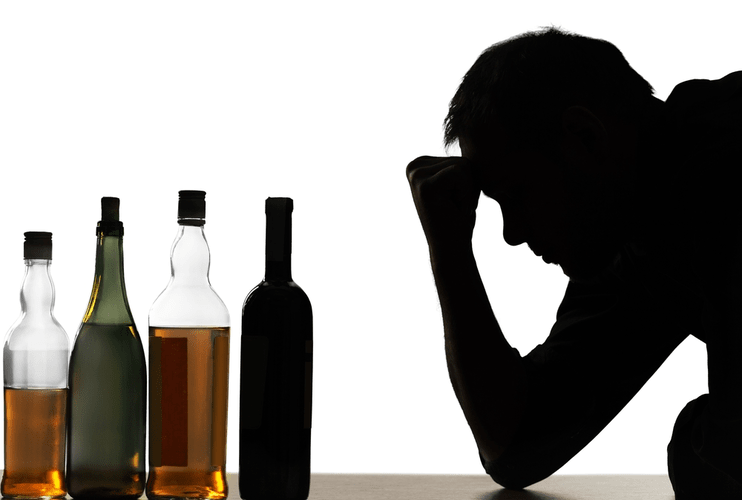Beer Allergy: Symptoms, Causes, What to Do, and More
For those with severe allergies or asthma, sulfite intolerance can be life-threatening. For mild cases of sulfite intolerance, avoiding products with added sulfites may provide relief. Dr. Adkinson recommends that people who are prone to alcohol-related allergic reactions should avoid consuming these fruits as well as alcoholic beverages containing sulfites. He adds that the chances of having an adverse reaction to those foods or drinks is one out of every hundred. While the risk is low, those who experience such reactions should reduce or avoid alcohol and sulfite-containing foods altogether. If you experience any of these reactions after drinking red wine, it could be a sign that you are intolerant or allergic to alcohol.
- Wine and other alcoholic beverages are generally not considered as potential allergens, so if you think you may have an allergy to wine, it is important to get a proper diagnosis.
- If you’re looking for a way to prevent sneezing when you drink, try making your cocktails with fresh fruit juices instead of using pre-made mixes.
- Your body creates antibodies to fight the allergen the way it would a pathogen.
- Nasal polyps are soft, noncancerous growths on the lining of the nose or sinuses.
Once you notice patterns, your provider may have you try an elimination diet to see if your symptoms improve when you stop consuming something that could be a trigger. A food and symptom diary can help you keep track of when your symptoms appear and whether they line up with certain things—such as alcohol. About 2 million adults in the U.S. are thought to have wheat allergy. Alcohol seizures may share symptoms with seizures that are not linked to alcohol. According to the Epilepsy Foundation, some studies have linked chronic alcohol misuse to the development of epilepsy.
Alcohol intolerance
For example, potential symptoms include red and itchy skin, nasal congestion, shortness of breath, abdominal pain, and diarrhea. Some people experience flushing, headaches, and nausea shortly after drinking alcohol. If http://grosbook.info/index.php?name=files&op=view&id=1519 you’ve ever had an alcoholic drink only to find your nose running and your stomach roiling, you may have an alcohol intolerance. Or you may have an alcohol allergy, a stronger reaction that involves the immune system.
Of all alcoholic beverages, red wines usually have the highest histamine content. In some cases, over-the-counter or prescribed https://ladykiss.ru/tatoo/belye-tatu-texnika-naneseniya-belyx-tatuirovok-foto-eskizy.html medications might help alleviate symptoms. It’s possible to develop an alcohol allergy at any point in your life.
What are the symptoms of a beer allergy?
There’s no way to totally avoid drinking-related hiccups aside from avoiding alcohol, but there are a few things you can do to reduce your chances of having them. If your sneezing becomes a problem, try keeping a food diary and noting which foods make you sneeze. Avoiding those foods can help you avoid sneezing after eating in the future. Taking smaller sips can help reduce the amount of carbonation your nose is exposed to. If you’re still having problems, it could be time to consult your doctor.
The difference between the two has to do with how the body reacts to alcohol. ‘Sleeping won’t speed up the processing of alcohol itself, but it should help you feel better’. That doesn’t mean there isn’t a link between alcohol and long-term sleep issues worth keeping an eye on though, Dr Ní Raghallaigh warns. Plus, she says, if a person has insomnia, cutting out alcohol is unlikely to cure insomnia in the long term.
The Benefits Of Sulfites In Wine
There are also signs that the body is reacting negatively to alcohol itself; symptoms such as headaches, nausea, stomach pains and dizziness which occur when consuming alcohol. Additionally, alcohol can cause a histamine reaction, triggered by the body’s immune system when it comes into contact with the allergen. Histamine intolerance is a complex condition that can be caused by several https://www.maudiepapercrafts.com/2017/10/ different factors. It occurs when your body has difficulty metabolizing the histamines found in certain foods and drinks, such as wine or beer. If you experience sudden sneezing after consuming these beverages, it may be an indication of histamine intolerance. The key to managing histamine intolerance is to recognize which foods and drinks are high in histamine levels and avoid them.


 English
English








